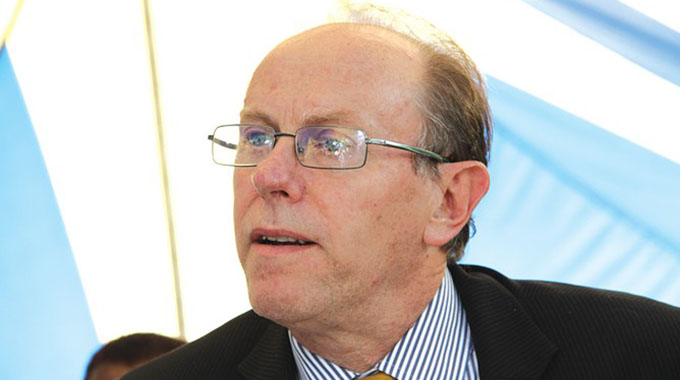Editorial Comment: Anglicans’ legal victory must unite the church
that is left is to accept and implement the court’s decisions.
In many ways the Church of the Province of Central Africa faces the greatest challenges, both as an institution and among its members. The province has won everything it sought in the courts. But triumphalism will be out of place. The church needs to make it as easy as possible for those who feel they erred or were led astray and want to return to do so. There is no need to humiliate anyone.
While a majority of Anglicans within the Harare Diocese remained loyal to the worldwide Anglican communion and to the authority of the Church of the Province of Central Africa, a significant minority did not. Return for the laity, in particular, should not be onerous. In fact, those who have been drifting back have been made welcome and that policy simply needs to be continued.
For clergy the province will need to work things out case by case and returning clergy will probably have to face the fact that many posts have already been filled. But the church needs to be gentle.
Most of the clergy who joined the schism had given years of service to the province at the typical low Anglican stipend and while their error was more severe than that of most lay people, charity and understanding are called for.
The province has started well. Only one person was ever formally excommunicated, even in the darkest time of the dispute, so the return can in most cases be informal.
Dr Nolbert Kunonga faces the simplest and starkest choices. He can either remain head of an independent church outside the Anglican communion, although he will have to build his organisation and its places of worship from scratch, or he can return to the province as Dr Kunonga, a learned layman.
But if he wishes to return as a theologically knowledgeable layman and fight his theological battles within the church, then he should be allowed to do so. The formal lifting of his excommunication should not be triumphal should he accept facts.
Some of those who followed Dr Kunonga out of the Anglican communion may not wish to return and may agree that the church has lost its way. The Constitution of Zimbabwe protects them in these beliefs, but they will have to accept, as does anyone who leaves an existing church organisation, that they will have to find or build a new home.
With confusion removed they might well find support. The Methodist Church, after all, is one of the movements that broke away from Anglicanism and which has built itself up as a mighty organisation in its own right. There are other lessons to be learnt from the events of the last few years.
Anglicans within the Diocese of Harare have learned that a church is a communion of believers, not a collection of buildings and institutions. They have met in halls, classrooms and fields. That is not a bad lesson.
The Anglican communion in Zimbabwe is united by a particular set of theological and liturgical principles. It is certainly not united as a secular political bloc. There are many Anglicans who remained loyal to the province who support, in their secular life, Zanu-PF just as there are many who support other parties.
The split is probably roughly that in the population at large. And a similar split was probably seen among Dr Kunonga’s supporters. His efforts to politicise the dispute certainly cost him the support of many who initially followed him and caused many others to think seriously about what he was saying as matters grew more bitter.
The final lesson is one we can all learn from. In the end a potentially extremely bitter dispute was resolved by a panel of three very senior and learned judges who worked their way through arguments presented by a handful of competent lawyers. Some of the scuffles that marred the early days of the schism were plain wrong.
A lot of judges have had a say in the various stages of the dispute and both sides need to be complimented on following the infinitely tortuous routes provided by law rather than extra-legal routes, no matter how tempting that may be.
The police have had the unpleasant job of enforcing court orders and enforcing civil orders is never pleasant and may have to enforce others. But in these circumstances no one should blame the messenger of the court.
Clear thinking won the legal battles and clear thinking is now needed to understand everyone’s actions, plus some respect for different views and a high level of respect and charity if those differences are insurmountable.





Comments